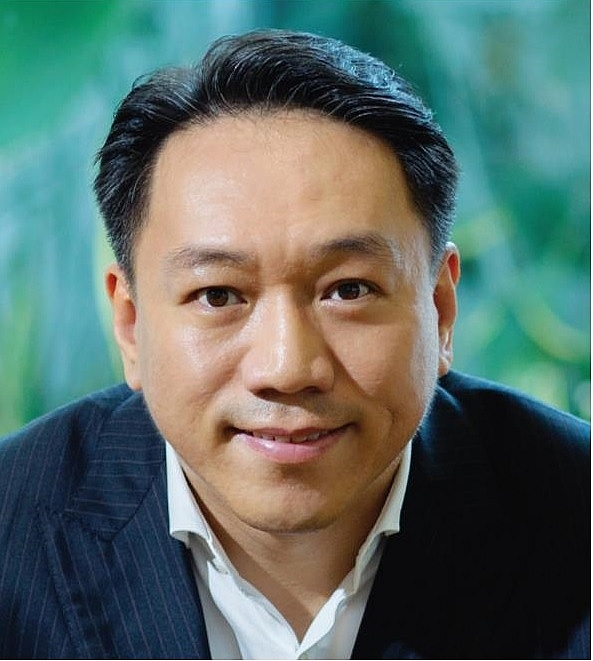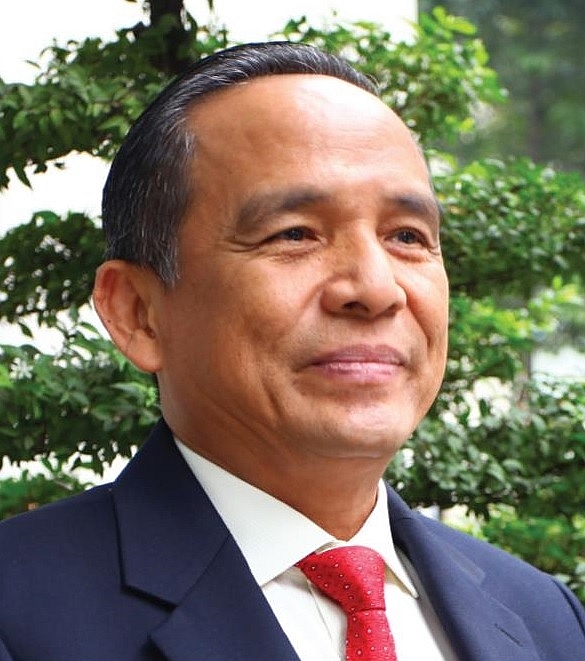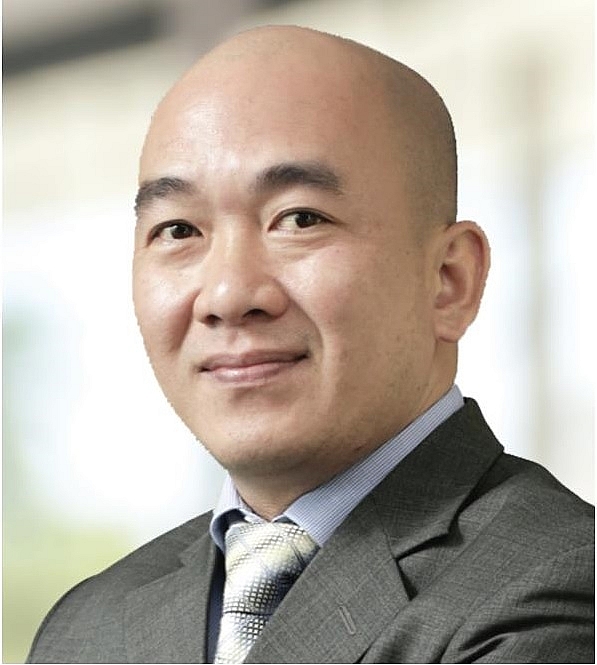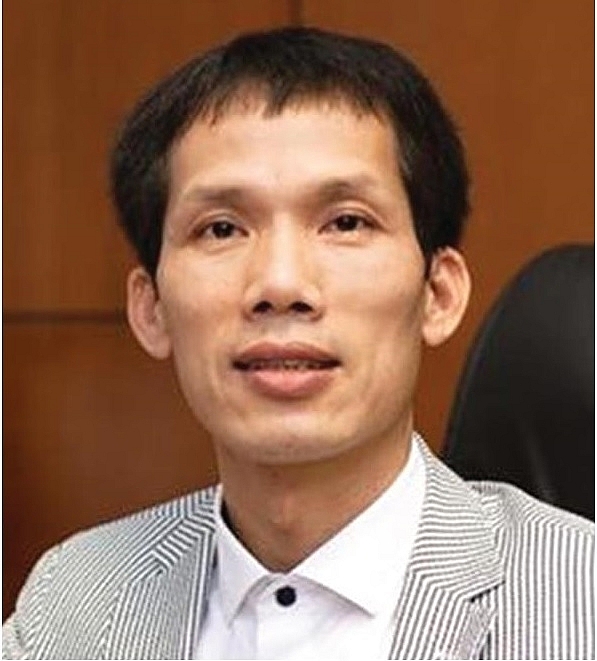Foreign homeowner levels refuse to budge
 |
| Foreign homeowner levels refuse to budge - illustration photo |
Despite the country now being home to more than 80,000 foreigners, fewer than 1,000 have processed ownership with local authorities, with some hurdles remaining in the way of foreigners owning their dream home in Vietnam.
According to Tran Minh Hoang, deputy general secretary of the Vietnam Association of Realtors, foreign demand for property in Vietnam is high, especially in the high-end and luxury segments of residential and vacation property.
“The association is suggesting the government extends the foreign ownership cap from the current 30 per cent of apartments in any given project to 50 per cent,” Hoang said.
“Non-nationals with high capital are not really interested in mid-end and affordable like Vietnamese people. They are on the market for luxury and high-end properties so they would not pose competition to local buyers – and developers could increase their sales,” he added.
The cap change would become a stimulus for the local market at a time when the current pandemic is keeping Vietnamese people from getting involved. Demand for home ownership by overseas buyers is enormous as prices in Vietnam are lower than in regional countries.
For example, the average price of a unit in Ho Chi Minh City’s central business districts is quoted at $5,500-6,500 per square metre, much lower than prices in Kuala Lumpur or Bangkok.
International demand has been on the rise in the Vietnamese property market in the last five years. However, due to regulatory limitations, fewer foreign buyers are granted ownership certificates. This pushes many to buy units via Vietnamese relatives or spouses who have Vietnamese citizenship.
The biggest issue hindering them in buying and gaining ownership over property in Vietnam right now is the slow issuance of the list of projects where they can make a purchase.
The 2014 Law on Housing, which allows foreigners to own property in Vietnam, took effect in July 2015, and Decree No.99/2015/ND-CP, which specifies the mechanisms for implementing these rights, came into force that December.
However, more than three years since non-nationals were given the right to purchase property, only a few cities have issued lists of projects where there is room for them.
Foreign buyers mostly hail from South Korea, Taiwan, Singapore, and China, and mainly live in high-end projects from developers such as Indochina Capital, CapitaLand, Keppel Land, Vinhomes and more.
Among those Indochina Capital boasts major projects such as Hyatt Regency Danang, Indochina Riverside Towers Danang, and Indochina Plaza Hanoi. They were developed before 2015 when the amendments to the Law on Housing allowing foreigners to buy property were implemented. Previously, more efforts were made to sell properties to locals.
Amendments have created new demand. Indochina Capital’s brokerage arm, Indochina Properties, has contributed in success of ventures like Vinhomes Golden River in Ho Chi Minh City. and the Zei in Hanoi.
| Legal status of foreign ownership in Vietnam The Law on Housing and Law on Real Estate Business were adopted by the National Assembly in November 2014 and both took effect in July 2015. The Law on Housing allows all foreigners holding a visa to enter Vietnam, as well as foreign-invested enterprises to buy units in housing projects in the country. The ownership rights include the right to use, sell, mortgage, or contribute houses as capital to an entity. Five significant restrictions for foreigners should be noted: - Foreigners' housing ownership beyond projects (e.g., a townhouse or villa built by individuals but not in a real estate project) is not allowed. Foreign buyers must purchase units from developers only; - The total foreigner’s house ownership may not exceed 250 separate houses in a ward or 30 per cent condominium in an apartment building; - The time of ownership is 50 years from date of obtaining the land use right and property ownership certificate, and may be extended; - Foreigners who buy houses or condominiums from leased land may only lease houses; and - Payment must be made by bank transfer. Source: LNT Partners |
Andy Han Suk Jung - CEO, SonKim Land
 |
I am fully supportive of proposals to increase the room for overseas investors. Over the past five years since country passed a new residential law to allow foreigners to buy apartments, we have seen a remarkable growth in the real estate market partly driven by international buyers.
Interest had led to many potential buyers coming to visit Vietnam which also helped the tourism and retail sectors. We also learned that to get out of recession in the real estate market, opening the room to foreign investors indeed has boosted the economy.
At the moment, we are seeing a global crisis and this may be a lot more serious than what we are seeing now as more people will lose jobs and more companies go out of business. To revive the economy, I think this is the perfect time to increase the foreign quota from 30 per cent to a higher rate which will help to quickly recover from this pandemic situation, and also to maintain the strong growth of the economy.
As many countries are now trying to diversify their product-sourcing countries away from China, I personally believe that this would give Vietnam another huge opportunity to export products out to other parts of the world which will also help bring more foreign direct investment into the country to build more manufacturing facilities.
As SonKim Land is a developer that focuses on luxury products, we have more than 30 per cent foreign customers who have bought our products.
The demand from these customers is very big but under the current law, there is a limit to how much we can capture these demands.
It is understandable to control foreign ownership, but the law can be eased up to 49 per cent. I believe this can help to attract lots of demands from abroad and help the country to recover from this pandemic crisis sooner than any other Asian countries. It was a pity to see many disappointed buyers who had to walk away as no foreign quota was available during the sales event.
We are certainly looking forward to seeing a revised law allowing more non-nationals to invest in Vietnam and the fastest recovery of this difficult crisis.
With the law allowing foreigners to buy properties in Vietnam, not only has the quantity increased, but quality has also improved to meet with the demands of investors as many foreign developers have entered the market and introduced high-quality products.
With many apartments of international quality, many expatriates have found perfect homes for their families which gives them peace of mind to settle themselves in Vietnam and make key cities here some of the hottest destinations in Asia to work and live.
Le Hoang Chau - Chairman, Ho Chi Minh City Real Estate Association
 |
The percentage of units foreign buyers are permitted to own in Vietnam should be considered very carefully to both ensure the benefits of the whole economy and the government’s obligation to manage the property market. I personally think that this percentage could be increased to 50 per cent from the current 30 per cent. These numbers are only estimations of the market demand, but any expansion should make Vietnam more attractive to the foreign community.
I would raise this percentage to 50 per cent due to the fact that people of any nation usually have a habit of living in centred communities. For example, we already have Japanese, South Korean, Taiwanese, and European communities in the major cities of Hanoi, Ho Chi Minh City, Danang, and Nha Trang. The 50 per cent limit would create an opportunity for foreigners to live together and support each other – it would allow creating homogenous living areas where residents share the same habits, living styles, and require similar services. The creation of communities would also make it easier for local management authorities to supervise these communities.
Su Ngoc Khuong - Senior director of Investment Savills Vietnam
 |
Easing the property ownership limit for foreigners is necessary to help them have a stable life while they are working in Vietnam. Our country is integrating into the global economy and we are also encouraging inbound investment, which makes it all more reasonable to extend property ownership for non-Vietnamese people.
There are two main types of foreigners buying houses in Vietnam – those from countries of high foreign direct investment here such as Japan, Singapore, and South Korea. as well as overseas Vietnamese who are showing increasing interest in buying property in their home country.
Property is a high-value asset and should be transacted as any normal goods as long as it complies with regulations and does not impact national security.
Foreigners should be permitted to trade property in Vietnam if they fully comply with all related tax and financial obligations and prove that they have the necessary capital sources.
I do not think the percentage of foreign ownership in itself is important – the question is how the houses and projects will be controlled and managed after selling them.
Doan Van Binh - President CEO Group
 |
The regulations permitting foreign property ownership in Vietnam should be more open. Foreign buyers are now permitted to own residential property (apartments in projects) only, but cannot buy other property types such as second homes or vacation properties, despite the high demand they show for it.
Permitting people from other countries to buy non-residential properties would attract huge investment capital flows into the real estate market.
They should be able to buy properties in Vietnam except for projects located in areas crucial from the perspective of national defence and security as prescribed by the government.
This would be both an open and attractive policy for non-nationals and make matters more transparent and information more accessible whenever they look into projects of interest.
In the long term, we can consider to ease more conditions and authorise foreigners to use land and other assets in land transactions in the same way Vietnamese nationals are allowed.
What the stars mean:
★ Poor ★ ★ Promising ★★★ Good ★★★★ Very good ★★★★★ Exceptional
Related Contents
Latest News
More News
- Foreign leaders extend congratulations to Party General Secretary To Lam (January 25, 2026 | 10:01)
- 14th National Party Congress wraps up with success (January 25, 2026 | 09:49)
- Congratulations from VFF Central Committee's int’l partners to 14th National Party Congress (January 25, 2026 | 09:46)
- 14th Party Central Committee unanimously elects To Lam as General Secretary (January 23, 2026 | 16:22)
- Worldwide congratulations underscore confidence in Vietnam’s 14th Party Congress (January 23, 2026 | 09:02)
- Political parties, organisations, int’l friends send congratulations to 14th National Party Congress (January 22, 2026 | 09:33)
- Press release on second working day of 14th National Party Congress (January 22, 2026 | 09:19)
- 14th National Party Congress: Japanese media highlight Vietnam’s growth targets (January 21, 2026 | 09:46)
- 14th National Party Congress: Driving force for Vietnam to continue renewal, innovation, breakthroughs (January 21, 2026 | 09:42)
- Vietnam remains spiritual support for progressive forces: Colombian party leader (January 21, 2026 | 08:00)

 Tag:
Tag:




















 Mobile Version
Mobile Version